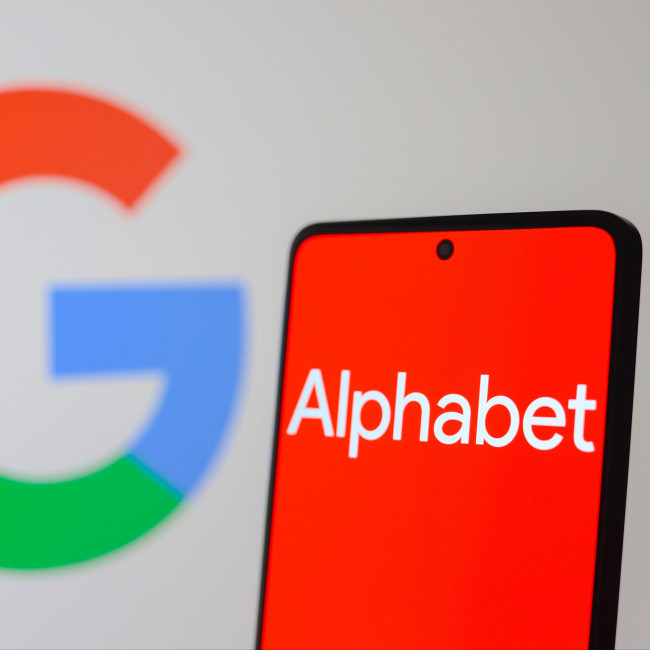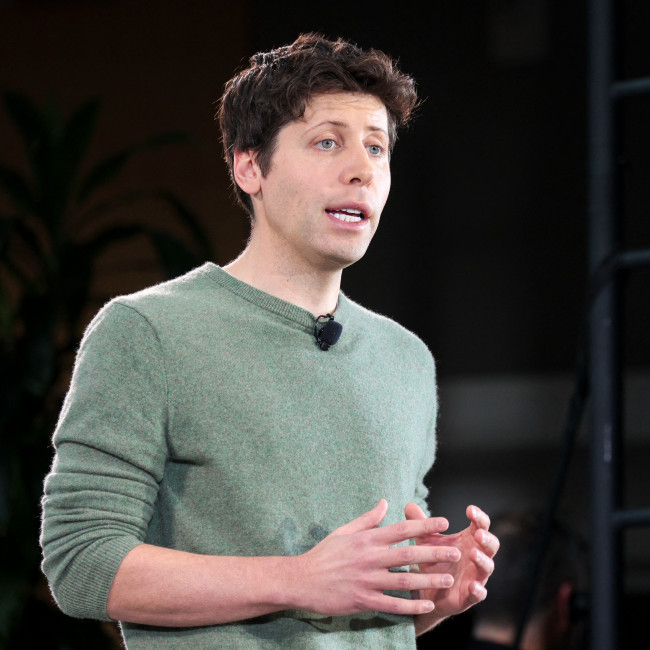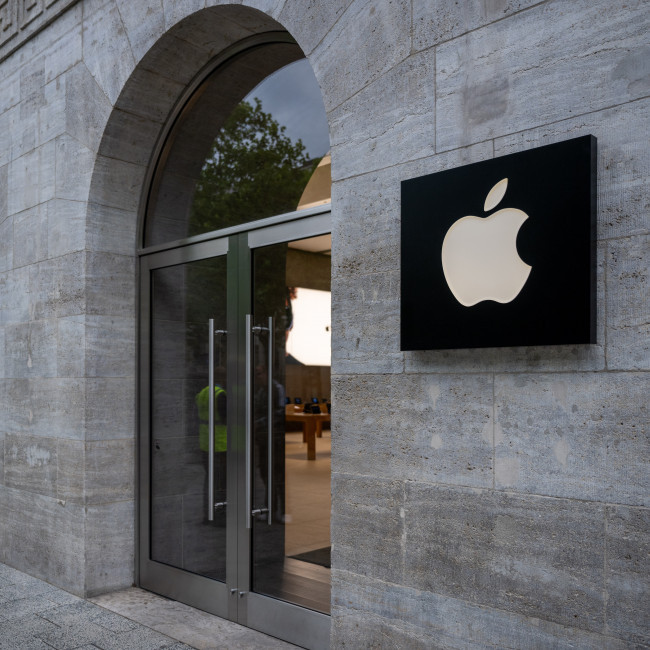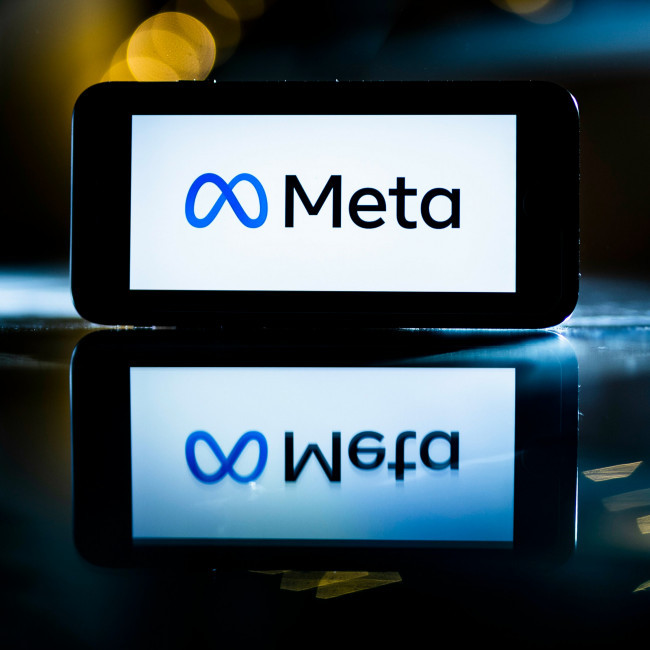A court has ruled Google will not be forced to sell its Chrome web browser or Android operating system but must share data with competitors and end exclusive contracts.
Google will not be forced to sell its Chrome web browser or Android operating system but must share data with competitors and end exclusive contracts, a US federal judge has ruled.
The decision from District Judge Amit Mehta follows a years-long legal battle brought by the US Department of Justice over Google’s dominance in online search.
At issue was the company’s practice of making Google Search the default option on its own platforms, such as Chrome and Android, as well as on devices made by firms including Apple.
Prosecutors had pushed for a more drastic remedy – the sale of Chrome – but Judge Mehta rejected that demand.
Google said: “Today’s decision recognizes how much the industry has changed through the advent of AI, which is giving people so many more ways to find information.
“This underlines what we’ve been saying since this case was filed in 2020: Competition is intense and people can easily choose the services they want.”
Judge Mehta ruled last year Google had used unfair methods to establish a monopoly in online search, finding it had actively worked to maintain dominance in violation of US law.
But in his latest judgment, he said a complete sell-off of Chrome was “a poor fit for this case”.
Google argued forcing divestments of Chrome or Android would break essential systems.
Abigail Slater, assistant attorney general, said: “Today’s remedy order agreed with the need to restore competition to the long-monopolised search market, and we are now weighing our options and thinking through whether the ordered relief goes far enough in serving that goal.”
The ruling prevents Google from entering exclusive contracts for Google Search, Chrome, Google Assistant or its Gemini app.
Smartphone-makers such as Apple, Samsung and Motorola will now be able to preload or promote rival browsers, search engines or AI assistants.
Google may still pay companies for default placement but will be barred from exclusivity.
The case revealed Google paid $26 billion in 2021 to companies including Apple and Mozilla to ensure its services were prioritised.
Shares in Alphabet, Google’s parent company, rose more than 8 percent after the ruling.
Gene Munster, managing partner at Deepwater Asset Management, said the decision was “good news for big tech”.
He added: “Apple also gets a nice win because the ruling forces Google to renegotiate the search deal annually.”
Melissa Otto, head of research at S and P Global Visible Alpha, said Judge Mehta’s order “doesn’t seem to be as draconian as the market was expecting”.
But Gabriel Weinberg, founder and chief executive of Google rival DuckDuckGo, criticised the decision. He said: “The order failed to force the changes necessary to address Google’s illegal behaviour. As a result, consumers will continue to suffer.”
Google still faces further scrutiny.
Later this month it is scheduled to stand trial in another Justice Department case, where a judge has found the company holds illegal monopolies in online advertising technology.
Google will not be forced to sell its Chrome web browser or Android system








